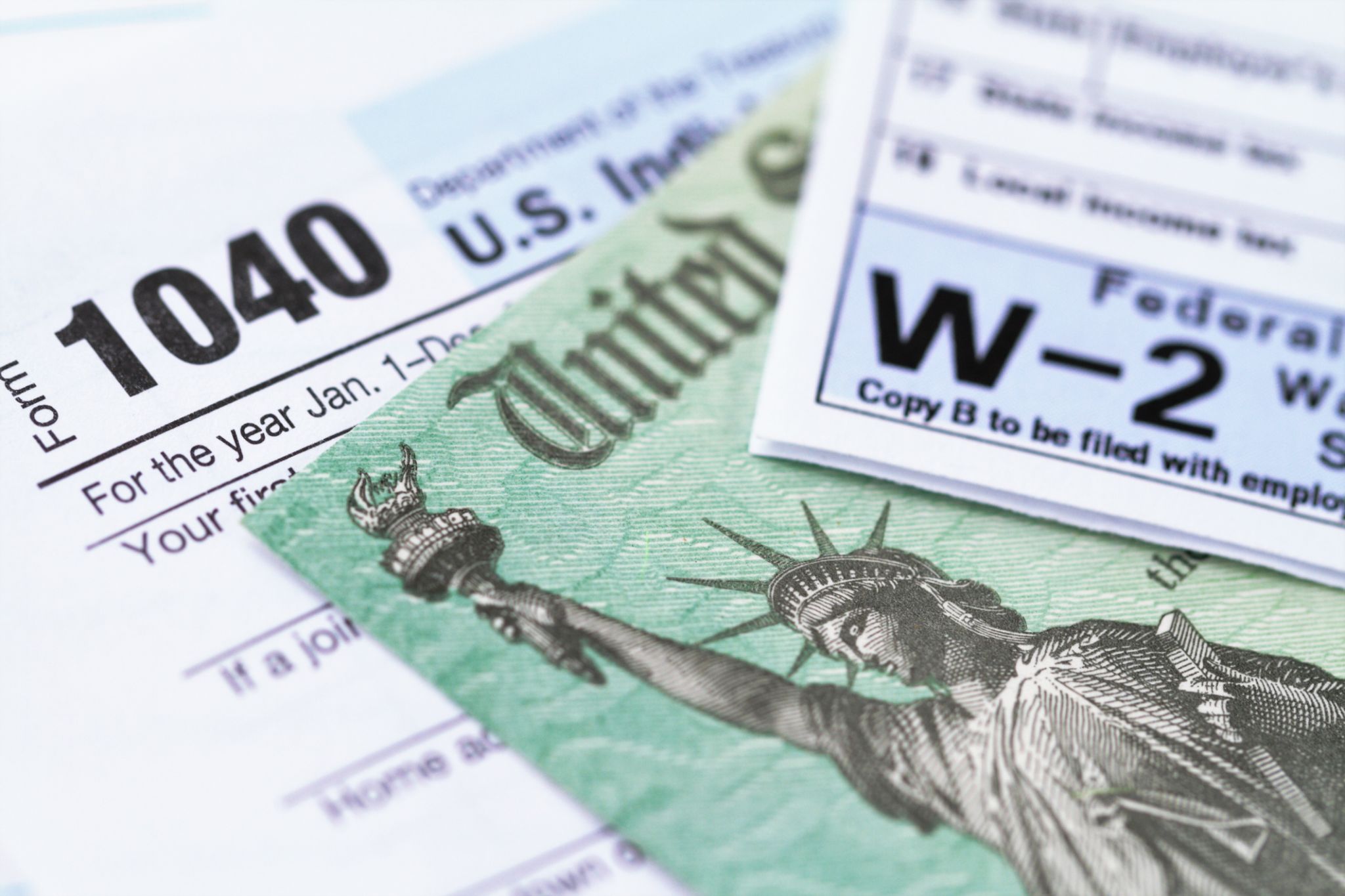Seasonal Legal Tips: Preparing Your Business for Tax Season
Understanding Tax Obligations
As the end of the fiscal year approaches, businesses must turn their attention to tax obligations. Understanding your tax responsibilities is crucial to ensure compliance and avoid unnecessary penalties. Different business structures, such as sole proprietorships, partnerships, or corporations, have varying tax requirements. It's important to consult with a tax professional to determine what applies to your specific situation.

Organize Financial Records
One of the most essential steps in preparing for tax season is organizing your financial records. This includes gathering receipts, invoices, bank statements, and previous tax returns. Having these documents in order will streamline the process and help you identify any discrepancies early on. Consider using accounting software to keep track of your financial transactions throughout the year for seamless reporting.
Maintaining accurate records is not only beneficial for tax purposes but also provides a clear picture of your business's financial health. This can aid in making informed decisions and planning for future growth. Remember, well-organized records can significantly reduce stress during tax season.
Review Deductions and Credits
Maximizing deductions and credits can have a significant impact on your business's overall tax liability. Common deductions include office supplies, travel expenses, and employee salaries. Additionally, there are several credits available for businesses that invest in research and development or renewable energy initiatives. Review the deductions and credits applicable to your industry and ensure you have the necessary documentation to support your claims.

Plan for Estimated Taxes
If your business is required to pay estimated taxes, it's crucial to plan for these payments throughout the year. Estimated taxes are typically due quarterly and are based on the income you expect to earn. Failing to make these payments can result in penalties and interest charges. Work with your accountant to calculate the right amount to set aside each quarter to avoid any surprises when tax season arrives.
Additionally, keep in mind that changes in revenue or expenses during the year may affect your estimated tax payments. Regular reviews of your financial situation can help you adjust your payments accordingly.
Stay Informed About Tax Law Changes
Tax laws are subject to change, and staying informed about these changes is vital for compliance. Engage with a trusted tax advisor who can provide updates on new legislation that may impact your business. Subscribing to industry newsletters or joining relevant professional organizations can also keep you abreast of important developments.

Utilize Professional Tax Services
While some businesses opt to handle their taxes internally, utilizing professional tax services can be a worthwhile investment. Tax professionals have the expertise to navigate complex tax codes and identify opportunities for savings. They can also represent your business in case of an audit, providing peace of mind and ensuring accuracy in your filings.
Working with a professional can alleviate the burden of tax preparation, allowing you to focus on running your business effectively. Consider this option if you're seeking a stress-free approach to handling your taxes.
Prepare Early
The key to a successful tax season is preparation. Start early by setting aside time each month to review your financials and make necessary adjustments. This proactive approach will prevent last-minute scrambles and reduce the likelihood of errors. By preparing ahead of time, you'll have a clearer understanding of your financial standing and be better equipped to make strategic decisions for the upcoming year.
In conclusion, preparing your business for tax season involves understanding obligations, organizing records, maximizing deductions, planning for estimates, staying informed about changes, considering professional services, and starting early. By following these steps, you can ensure a smoother and more successful tax filing process.
